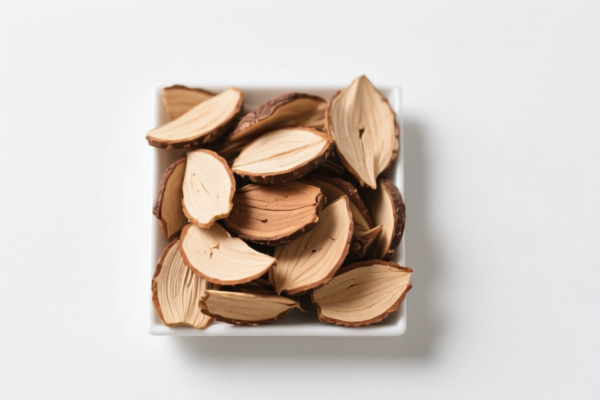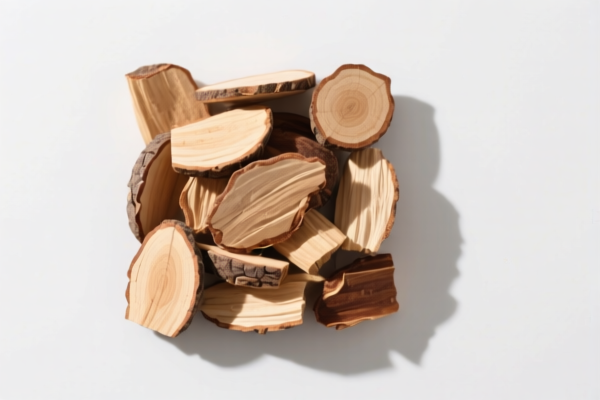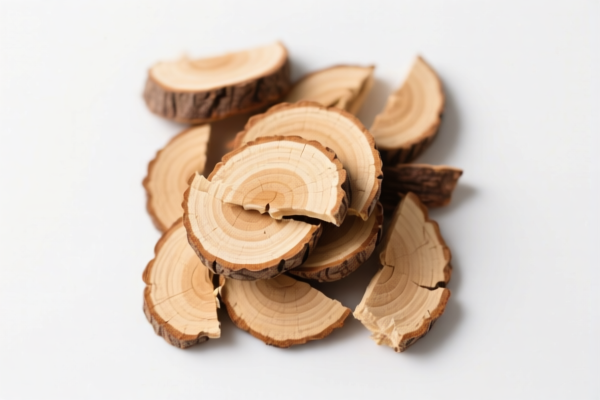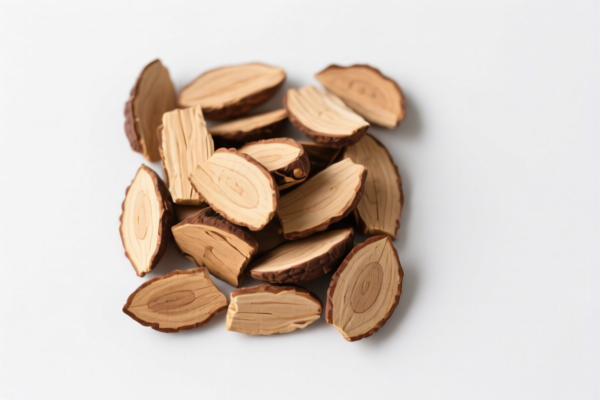| HS Code | Official Doc | Tariff Rate | Origin | Destination | Effective Date |
|---|---|---|---|---|---|
| 4401210000 | Doc | 55.0% | CN | US | 2025-05-12 |
| 4401220000 | Doc | 55.0% | CN | US | 2025-05-12 |
| 4421999880 | Doc | 58.3% | CN | US | 2025-05-12 |




Square Wood Chip
Square wood chips are processed wood pieces with a roughly cubical shape, typically manufactured from various wood species. They serve a multitude of purposes due to their versatility and cost-effectiveness.
Material
The wood source for square wood chips can vary widely, including:
- Softwoods: Pine, fir, spruce, and other coniferous trees are common due to their readily available supply and ease of processing.
- Hardwoods: Oak, maple, beech, and other deciduous trees are used, often providing greater density and durability.
- Recycled Wood: Wood waste from construction, demolition, and other sources can be repurposed into wood chips.
- Pallet Wood: Discarded pallets are a frequent source material, though often require sorting and processing to remove nails and other hardware.
Purpose & Function
Square wood chips are employed in a diverse range of applications:
- Fuel: A common biofuel source for wood-burning stoves, furnaces, and dedicated biomass energy systems. Their cubical shape promotes efficient airflow for combustion.
- Landscaping: Used as mulch to suppress weed growth, retain soil moisture, regulate soil temperature, and improve aesthetics in gardens, playgrounds, and pathways.
- Animal Bedding: Provides a comfortable and absorbent base for livestock and poultry, particularly horses, rabbits, and chickens.
- Composting: A valuable "brown" material in compost piles, contributing carbon and improving aeration.
- Industrial Applications: Used in the production of particleboard, fiberboard, and other engineered wood products. Also utilized in some manufacturing processes as a filler or absorbent.
- Smoking: Certain wood species (e.g., hickory, mesquite) are used to impart flavor to foods during smoking.
Usage Scenarios
- Residential Heating: Homeowners utilize wood chips as a cost-effective alternative to traditional fuels.
- Agricultural Operations: Farmers use wood chips for animal bedding, composting, and soil amendment.
- Commercial Landscaping: Landscapers employ wood chips for large-scale mulching projects.
- Biomass Power Plants: Large-scale facilities burn wood chips to generate electricity and heat.
- Food Processing: Smokehouses utilize specific wood chip types to flavor meats, cheeses, and other foods.
Common Types
Variations in wood chip types depend on wood species, processing method, and intended use:
- Pine Wood Chips: Light-colored, aromatic, commonly used for landscaping and animal bedding.
- Hardwood Wood Chips: Denser, more durable, often preferred for fuel and composting.
- Kiln-Dried Wood Chips: Processed to reduce moisture content, improving combustion efficiency and reducing mold growth.
- Playground Wood Chips: Specifically sized and processed for safety in playground environments, often with rounded edges.
- Smoker Wood Chips: Available in various species (hickory, mesquite, applewood, etc.) to provide different flavor profiles.
- Colored Wood Chips: Dyed for aesthetic purposes in landscaping applications.
Fuel wood, in logs, in billets, in twigs, in faggots or in similar forms; wood in chips or particles; sawdust and wood waste and scrap, whether or not agglomerated in logs, briquettes, pellets or similar forms is the general category for square wood chips. The following HS codes may be applicable:
- 4401210000: This HS code covers Fuel wood, in logs, in billets, in twigs, in faggots or in similar forms; wood in chips or particles; sawdust and wood waste and scrap, whether or not agglomerated in logs, briquettes, pellets or similar forms: Wood in chips or particles: Coniferous. This applies to wood chips derived from coniferous trees. The total tax rate is 55.0%, comprised of a 0.0% base tariff and a 25.0% additional tariff, increasing to 30% after April 2, 2025.
- 4401220000: This HS code covers Fuel wood, in logs, in billets, in twigs, in faggots or in similar forms; wood in chips or particles; sawdust and wood waste and scrap, whether or not agglomerated in logs, briquettes, pellets or similar forms: Wood in chips or particles: Nonconiferous. This applies to wood chips derived from non-coniferous trees. The total tax rate is 55.0%, comprised of a 0.0% base tariff and a 25.0% additional tariff, increasing to 30% after April 2, 2025.
It is important to determine whether the square wood chips are derived from coniferous or non-coniferous trees to select the correct HS code.
Customer Reviews
No reviews yet.